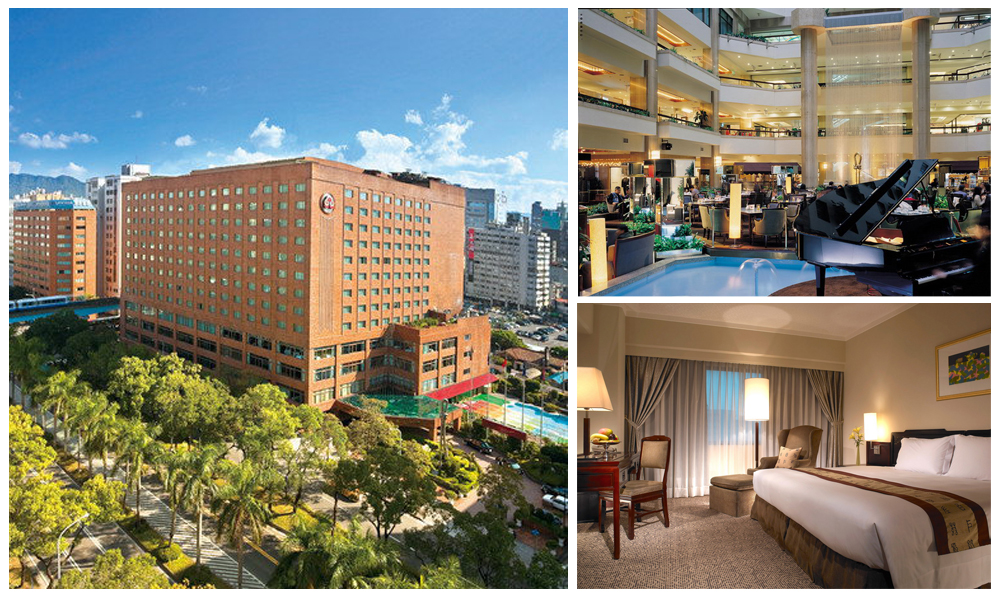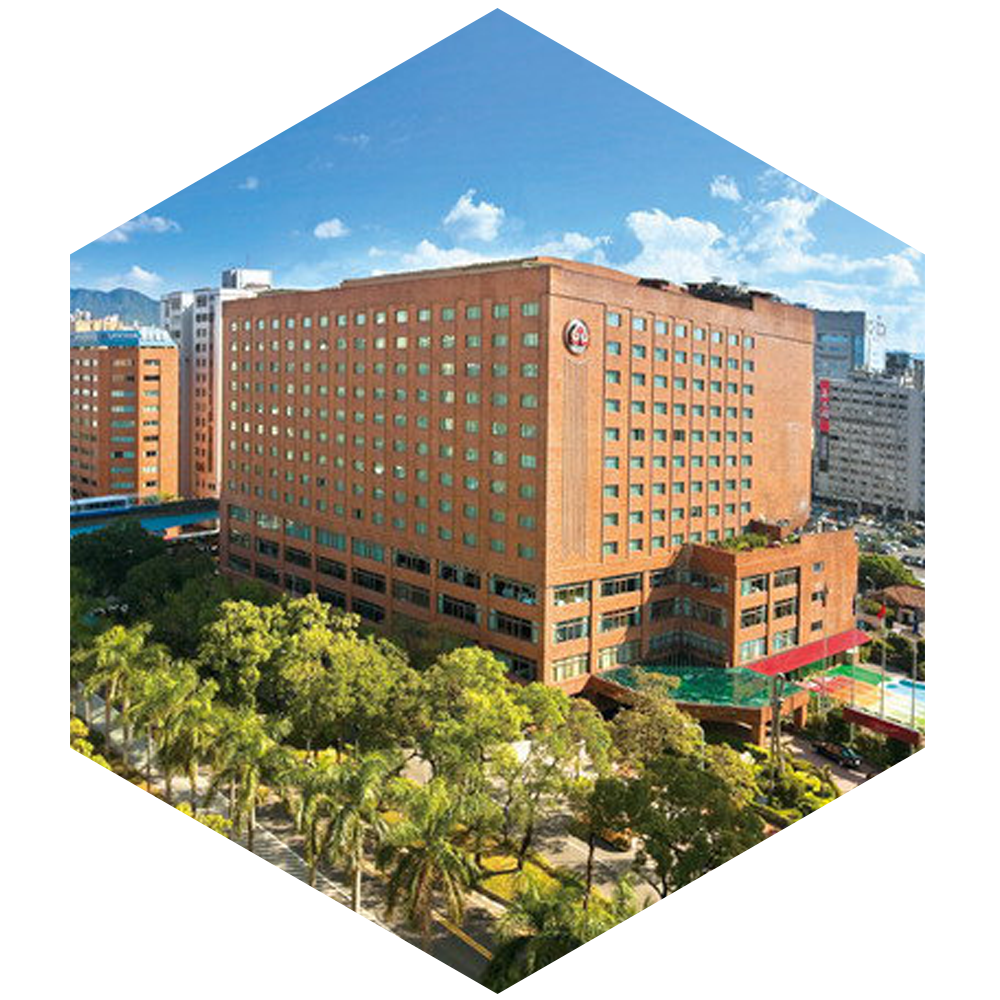

With joint efforts of educational organizations and affiliated associations around the globe, The TTLITDA has invited an array of highly-regarded scholars, experts, faculties, and principals to this year's event to share their professional experience in comprehensive professional development at all levels in Smarter Education.
This year's theme, Accelerating Teacher Professional Development, aims to unite the voices of key educational influencers, on the cutting-edge topics of technological leadership and instructional technology, to further drive global competence in Smarter Education systems to prepare the next generation for tomorrow's economy.
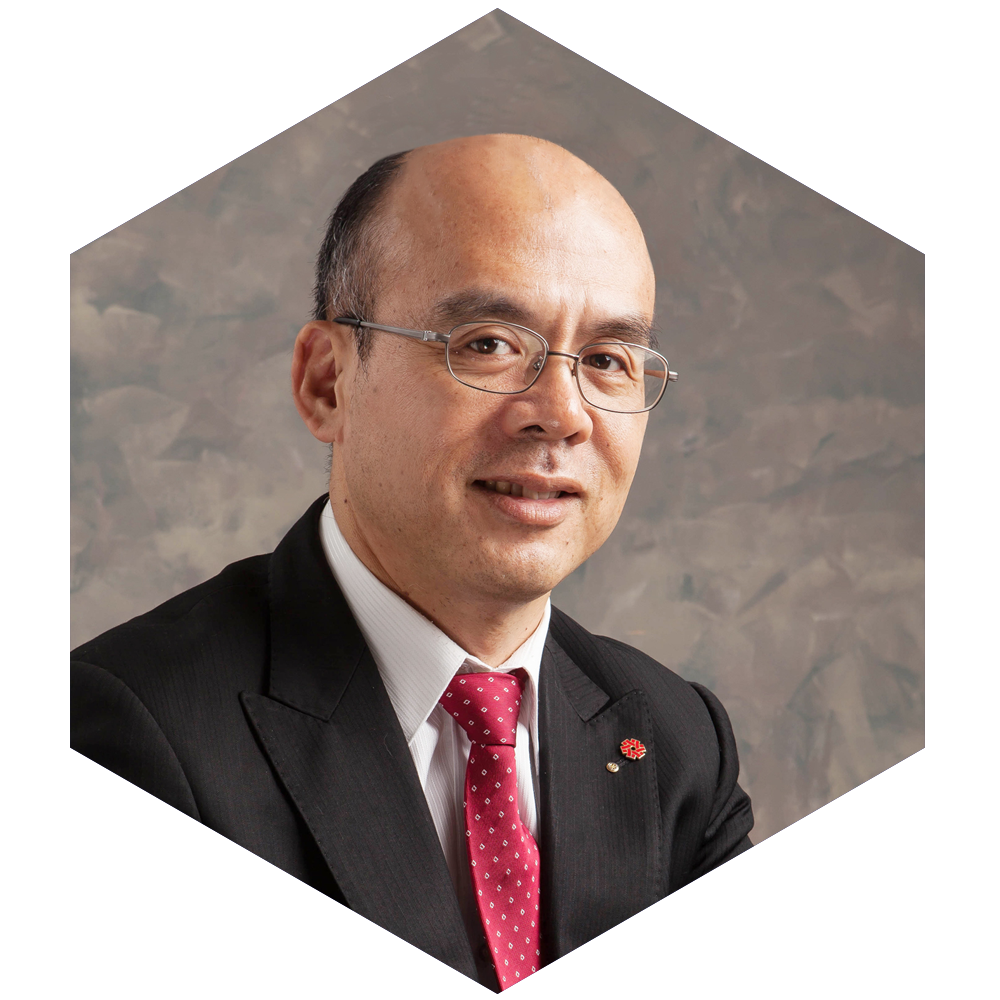
Professor Wu is an expert in teaching technology and teaching system development, and the creator of the Habook Group. He is the creator of the TEAM Model Smarter Classroom brand and smart education support system, which has helped teachers in refine and realize the “smart link teaching method,” a modern and easy to implement education concept. This system has facilitated the innovative development and reform of smart education across the globe. The setup of large scale TEAM Model smart education demonstration schools and smart education demonstration districts are crucial for refining development and promoting education innovation. Professor Wu has spent over 20 years servicing elementary schools and education universities, and has extensive practical teaching and academic research experience. He has authored over 100 books on computer information, is enthusiastic about education work, and has helped teachers develop professionally and realize education ideals. As the third president and the honorary chairman of the Taiwan Technology Leadership and Instructional Technology Development Association, Professor Wu promoted the “Smarter Education Movement” and the “Rural Hope Project.” These public welfare programs can create endless education possibilities.
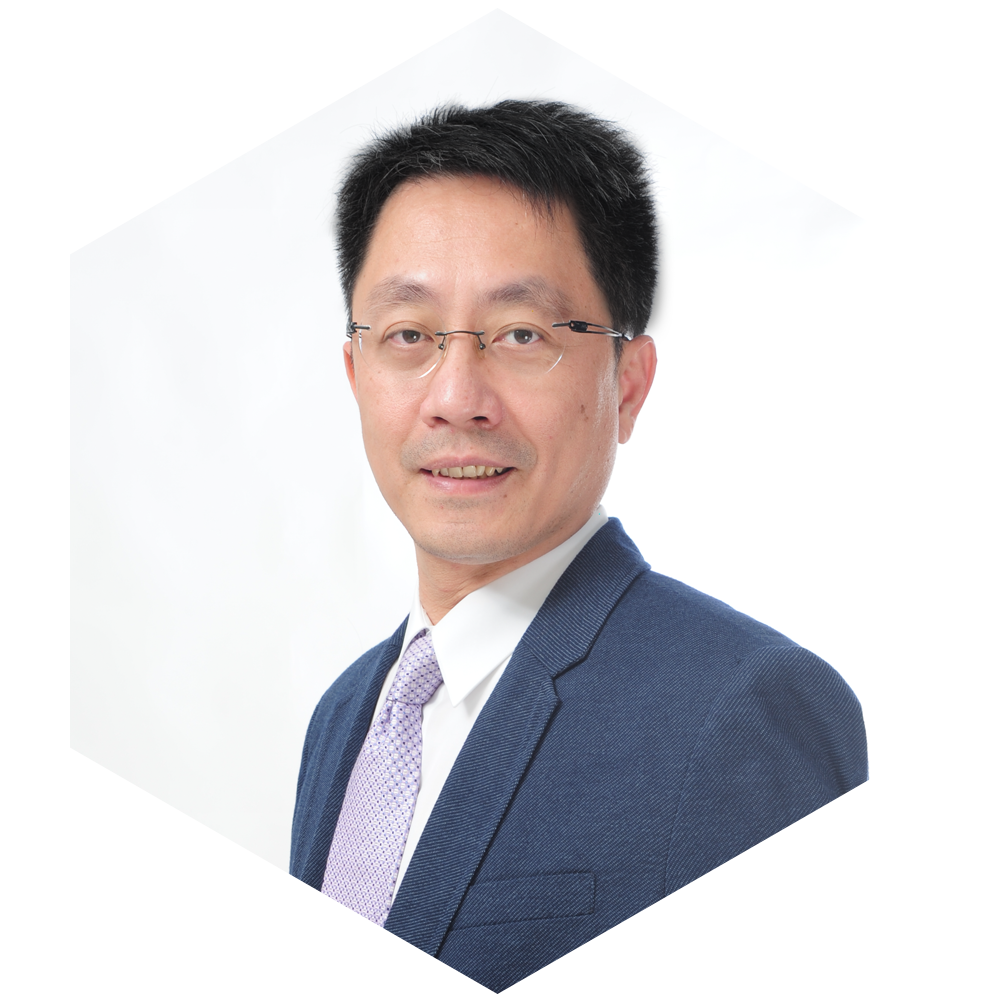
Dr. Sams Wang is the first person to come up with and implement one-to-one digital learning and the HiLearning (published in Sweden in 2002). He is one of the main drivers who promoted research in mobile learning and teaching application in Taiwan, and was reported on by numerous TV news programs, newspapers, radio stations, and magazines. Dr. Wang's thesis was selected as one of the long thesis for IEEE's first International Workshop for Mobile Learning, as well as for the internationally recognized SSCI journal. This was a successful model for both research and promotion. Dr. Wang himself has over 20 years of teaching and teacher education experience, and is an expert who possesses both theoretical and practical knowledge in the fields of Information and Communication Technology (ICT) and education. Thus, he understands the teaching needs of teachers, and is uniquely qualified to teach education experts the development and implementation of “EEE Learning - III Teaching” education concepts.
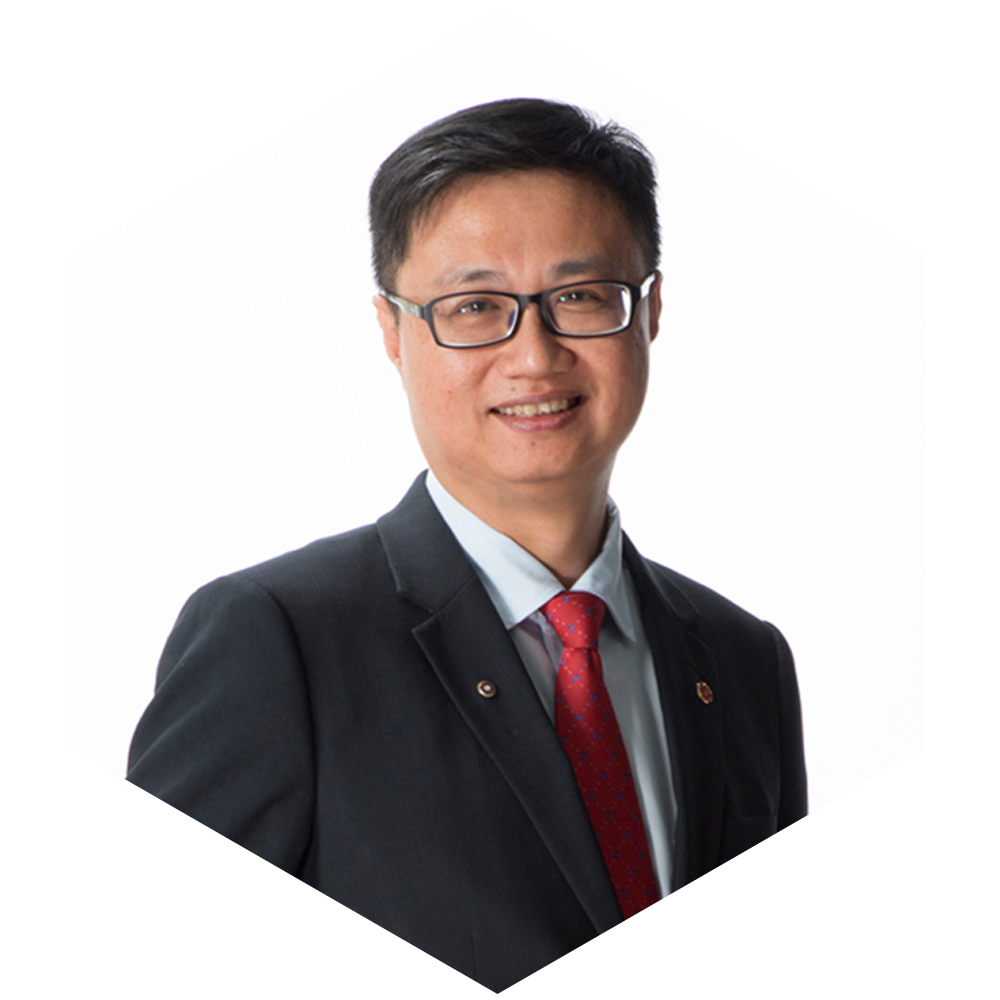
Dr. Steven Liang once taught at the Affiliated Experimental Elementary School of University of Taipei, and went on to obtained a Ph.D. in information engineering from the National Central University. Currently, he is working as a consultant for the Taiwan Technology Leadership and Instructional Technology Development Association. Dr. Liang has conducted in-depth study on one-to-one digital teaching, team based learning (TBL), Internet learning, and integration of IT and educational teaching. He has filed and received multiple software/hardware patents and is the author of several books. In recent years Dr. Liang has invested himself in the development of smart classrooms and personally implemented TBL in elementary and junior high classes.
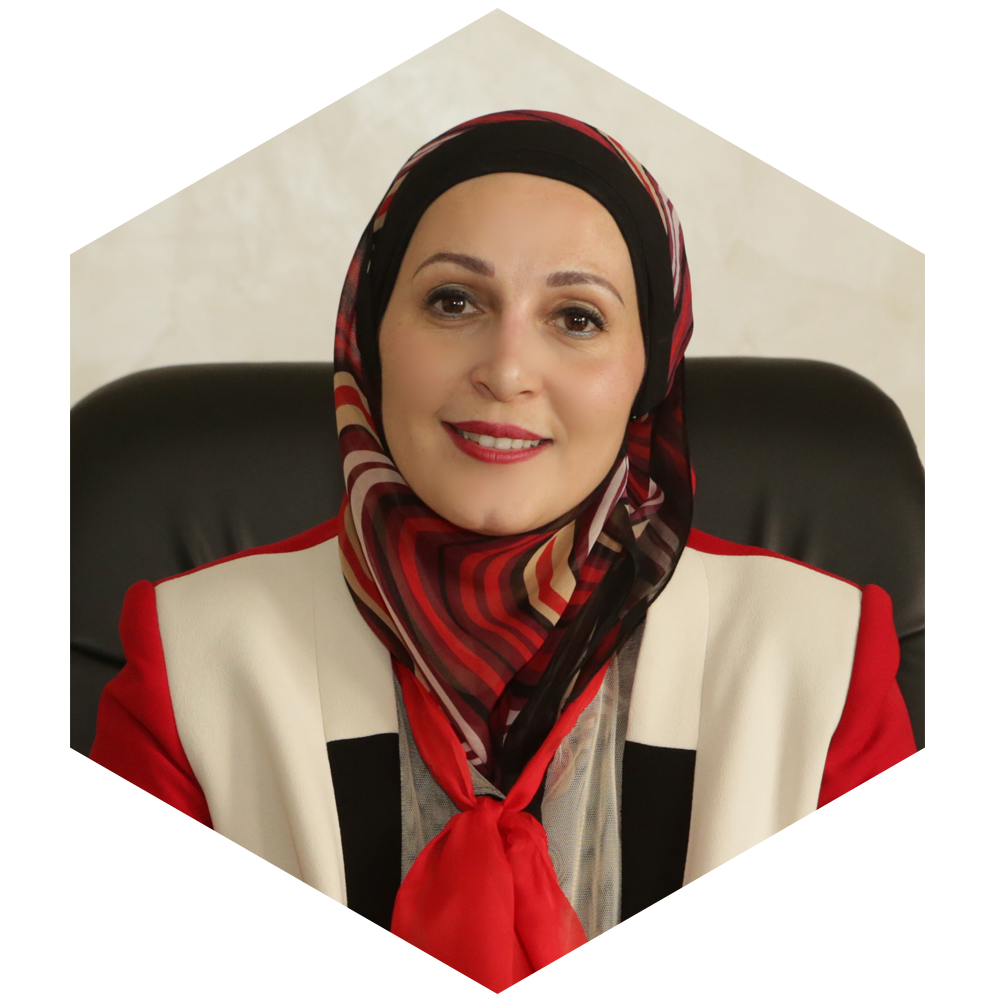
Ms. Dana Abu Goura is the Director of Islamic Cultural Society, the organization who established Islamic Educational College in 1946. As an educator, she always thinks about a higher quality in the upbringing of the younger generations. Therefore, after knowing and realizing the great benefits that TEAM Model Smarter Classroom (TMSC) could create, she decided to devote all her efforts into constructing TMSC. To secure the fluency of constructing and applying TMSC, she not only led a team of professionals to design and deliver a high quality service model, but also attended trainings, conferences and exhibitions to promote the idea of changing IEC's traditional education to TMSC smarter education. Until now, IEC has successfully implemented TMSC in two of its international programs. Also, Ms. Dana Abu Goura has determined that she will make IEC one of the best TMSC smarter schools of the region within the next three years.
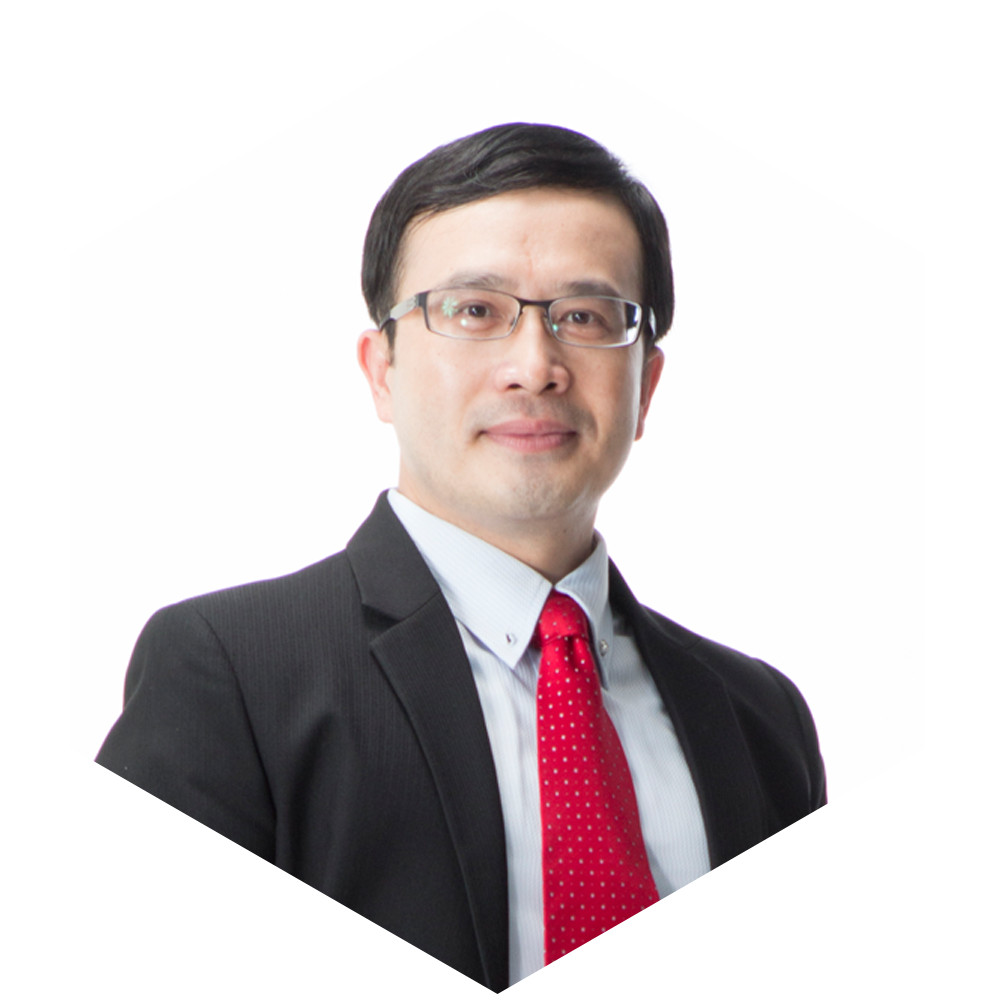
Dr. Chang received a Ph.D. in educational leadership and policy analysis and a master's degree in Information Science and Learning Technology from UM-Columbia. Currently, he is a full-time professor in the Department of Education at National Chengchi University. His main fields of study are school technology leadership and management, smart education principles and implementation, smart classroom and innovative teaching, principal and data-oriented decision-making, and teacher academic optimism and its effects. Dr. Chang is the author of the book School Technology Leadership and Management, and over 100 of his theses and research papers have been published by domestic and international journals (including SSCI and TSSCI) and also presented at seminars. Dr. Chang is an active advocate of smart education. He is involved with smart teacher teaching skill enhancement workshops, TBL seminars, and the Smarter Classroom Innovation Award and the Technology Leadership Excellence Award. These activities all cultivate and inspire smart leadership and smart teachers across the globe. To raise teaching and learning performance, Dr. Chang is working to promote the spread of smart education and the Smarter Education Movement, and to help teachers integrating technology into their teaching.
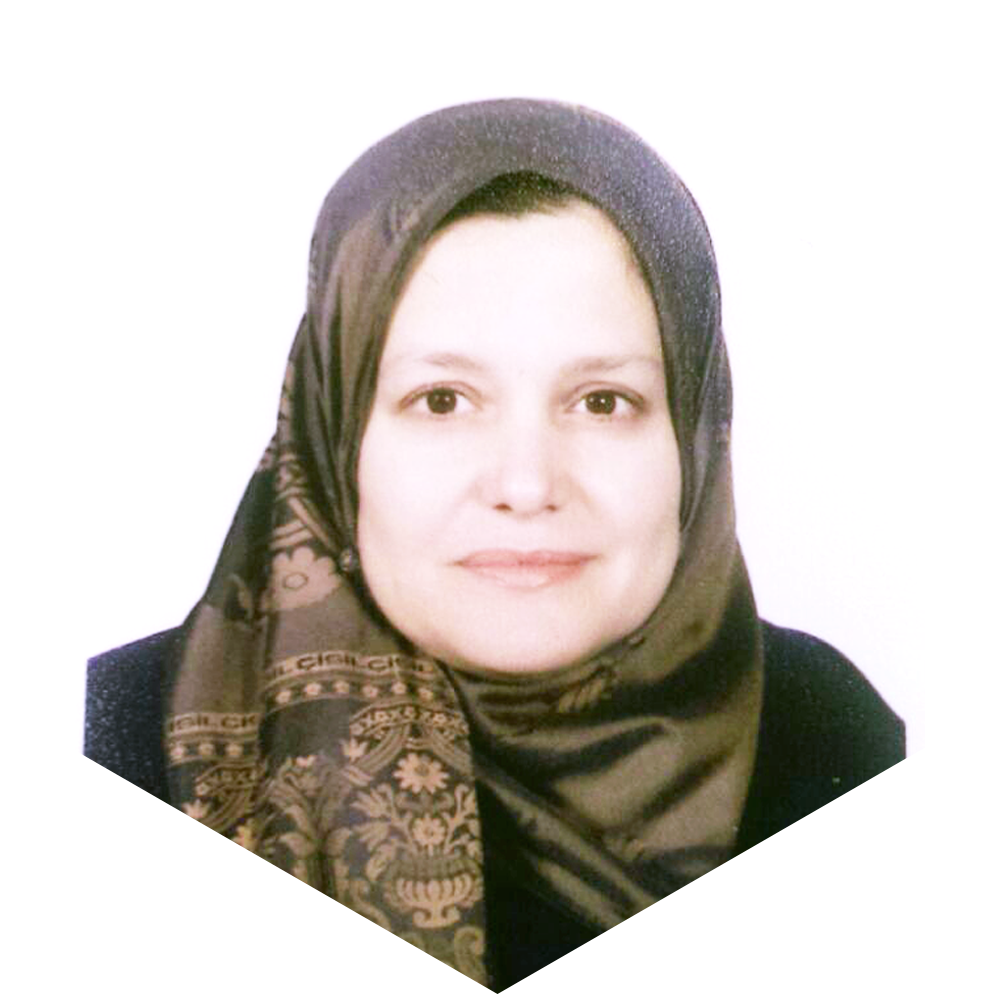
Ms. Ghadeer AL-Kateeb comes from Modern Systems Schools, which first implemented TEAM Model Smarter Classroom (TMSC) in 2013 and soon established an e-Learning Department due to TMSC's growing prestige from students and demands from teachers. The mission of e-Learning Department is to make sure that teachers and students could be fully benefited from TMSC and to promote smarter education more effectively. Serving as the executive supervisor of the e-Learning Department and the trainer of TMSC, Ms. Ghadeer AL-Kateeb mainly trains teacher to design their own teaching model and curriculum with TMSC, assists Jordanian governmental schools in approaching e-Learning, and also supervises other private schools in Jordan for implementing e-Education strategies.
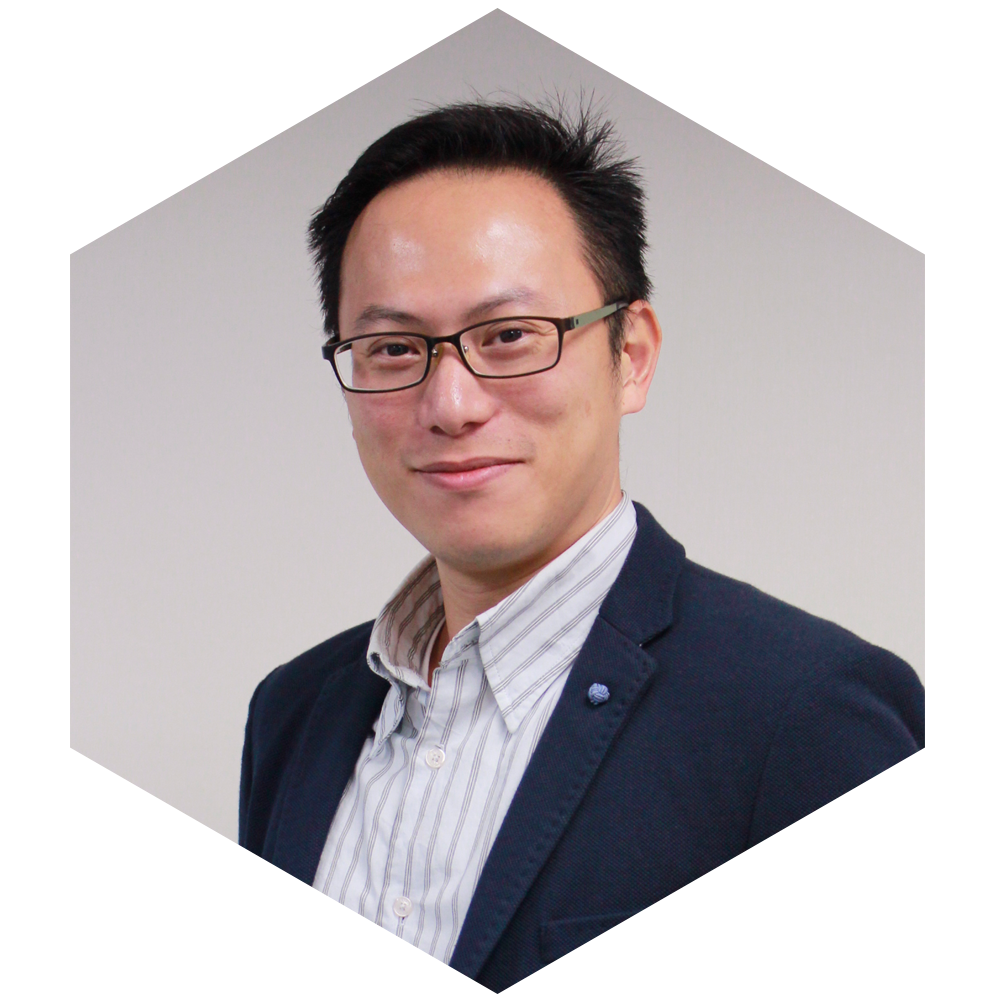
In 2015, Hsu Ta-Wei served as the open teaching teacher for elementary school mathematics at the 3rd Cross-Strait Education Competitiveness Forum. He has been engaged in research and development of mathematics education, and has invested himself in mathematics ability testing and remedial teaching. Hsu Ta-Wei believes that the objective of mathematics education is to cultivate children's “feeling” towards mathematics. This “feeling” not only comes from the teacher's professional literacy, but can also be developed with student-centered teaching (using technology activated classroom interactions and by recording learning history). This method of teaching gives the children opportunities to think, reflect, and find the solutions to problems on their own. Thus, children will have feelings toward learning and life.
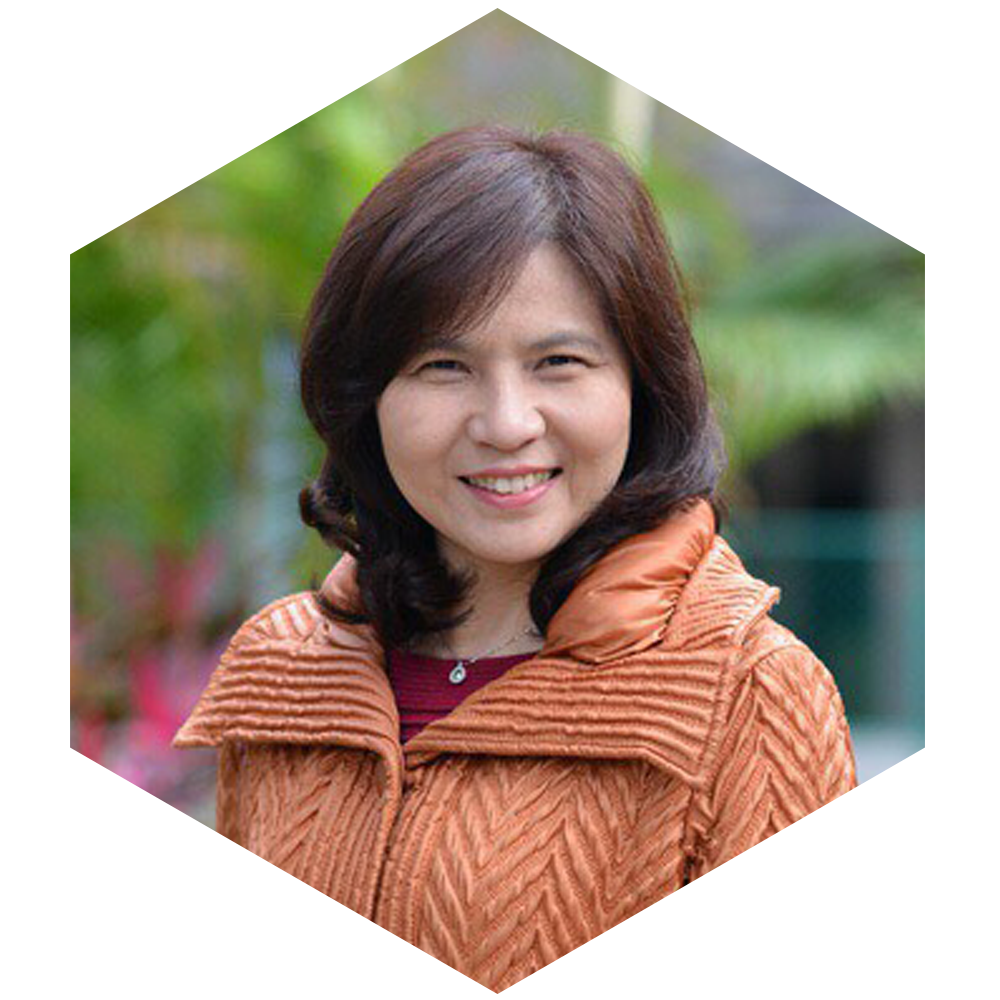
Principal Wu is the main implementer of the New Taoyuan Smarter City Flagship Project – Smarter Campus. She has been praised by the Taoyuan City Educator's Union for being a principal who is serious about managing their school. In 2015, she converted all the classrooms in her school into smarter classrooms, and transformed her school into the first “creative smarter school” in Taoyuan City. Her outstanding upgrading progress and effectiveness has made her classrooms into the focus for “smarter school digital classroom” in Taoyuan City. Principal Wu has created consensus among teachers at her school and driven their enthusiasm. She motivatesher team through cooperation, sharing, and exchange, thereby, making her team into a driver for greater education innovation. Principal Wu emphasizes technological advancements and has humanized and vitalized the “5Tcreative smarterschool.” By using IT to transform teaching, the principalis able to combine classroom hardware/software and cloud service to build a lively, interactive, and proactive smarterclassroom. The Taoyuan team engaged themselves in the teaching field based on developments in the teaching community. The Taoyuan team not only became the learning example for other schools, but Taoyuan Elementary School has also become the pioneer school for classroom digital cloud in the future.

Principal Li Xiao-Hua is one of Shanghai City's special principals. As such, he has a prospective teaching concept and awareness of teaching reforms. Principal Li insists that the classroom is the main arena for building a school liked by students. In-depth integration of IT and classroom teaching is an important path for achieving refined education and cultivating innovative.Principal Li follows the smarter teaching concept that advocates “change learning intelligently and intelligence will stimulate learning.” As a result, he has achieved extraordinary teaching achievements. Under his leadership, the school completed the digitization of the campus and finished the building of smarterclassrooms. Principal Li also introduced the Team Modelsmarterclassroom interactive teaching system. By implementing the “point, line, and plane” lesson aspects, the school was able to produce a “learn, evaluate, and use” smart teaching SOP that is clear, replicable, and can be easily promoted. This formed a new classroom teaching norm and turned Shanghai Business and Tourism School into a great example for application of informationalized classroom teaching.
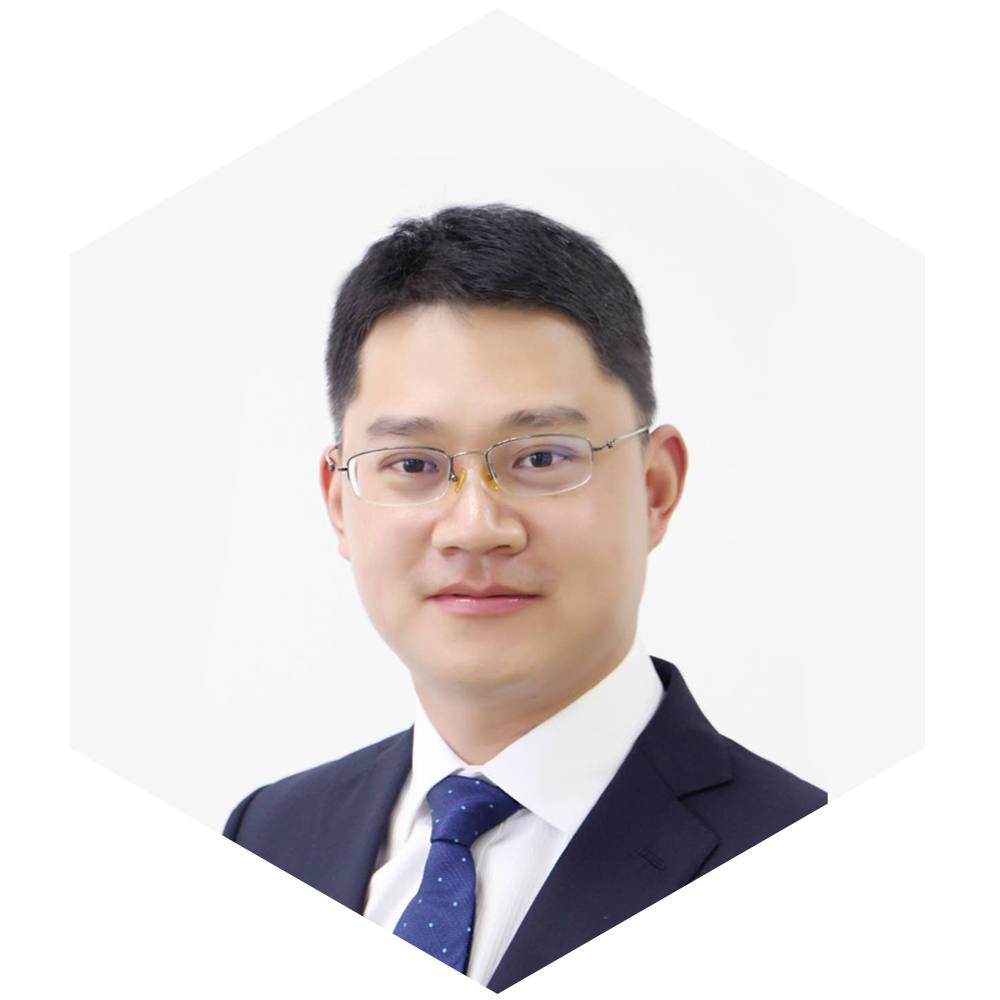
Mr. Zeng is a Chengdu City outstanding science worker, a Chengdu City coreteacher, a Sichuan Province coreteacher, one of Sichuan Province's “top 10 outstanding coaches,”a national level judge for the “China Adolescent Robotics Competition,” and a professional lecturer for the Ministry of Education's “National Cultivation Plan.” Since the school was established in 2014, Mr. Zeng has been in contact with smarter education. All classroom hardware facilities are oriented toward implementing smarter education, and have been installed with HiTeachsmarterclassroom software. To improve the integration results of the smarterclassroom's interactive flat-panel television, physical booths, and IRS real-time feedback system, the school established a smarter classroom core teacher group composed primarily of language, mathematics, science, foreign language, and art teachers. These teachers use the advantage of the school's small classes to implementand explore smarter classrooms. In just two years, over 100 teachers have participated in the training, and over 20 exemplary smarter classrooms were presented for each subject. The school is one of the first “smarter alliance schools” in Sichuan Province. The school will continue to exert the advantages of the smarter teacher team in the future, and use the HiTeach system to effectively improve the quality of education teaching, which will provide strong support for the school's SmarterCampus construction.
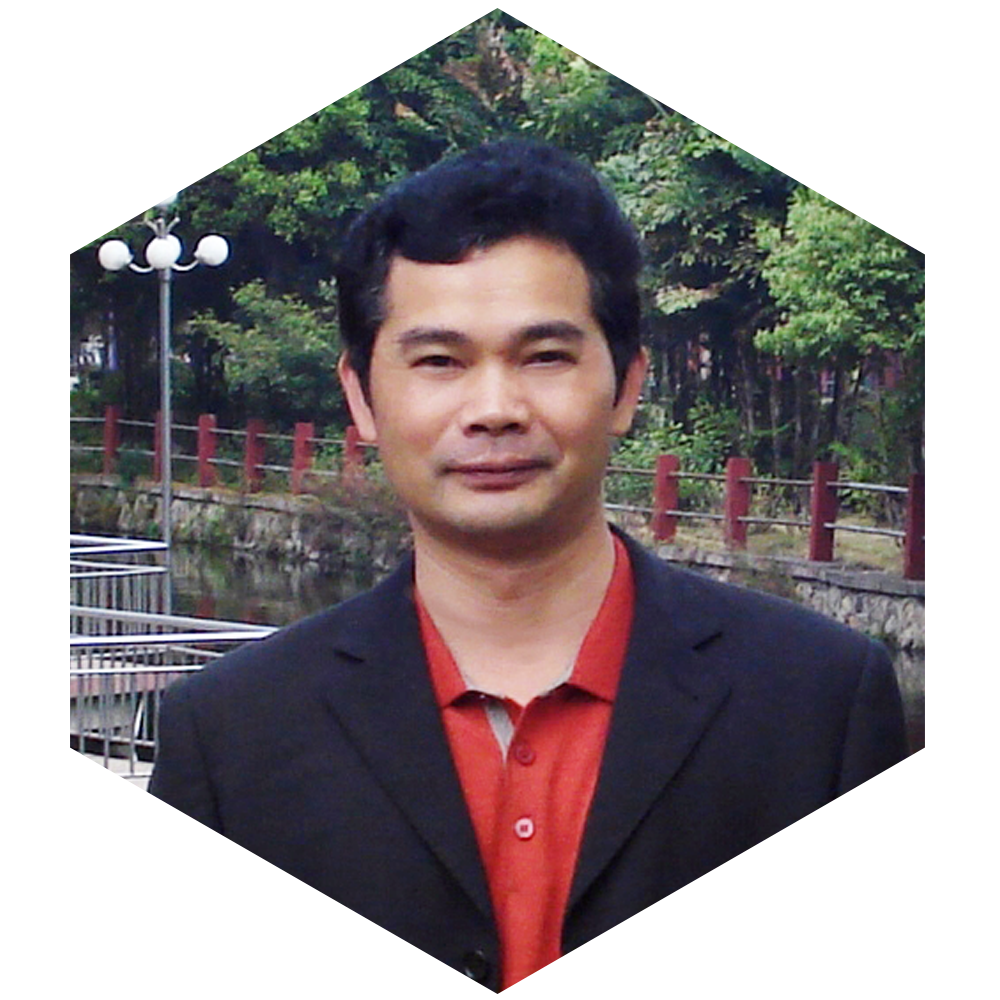
As a senior teacher, Dean Wen has over 33 years of teaching experience. In 2002 he was honorably named a special-level teacher and a national level coreteacher. Dean Wen has always instead on being student-oriented, and used his own conducts to serve as an example to others. He has learned core literacy to create his smarter classroom. Being enthusiastic about teaching reforms, he has laid the foundation for student growth. After introducing smarter classrooms to the school in 2014, Dean Wen has actively advocated and practiced the philosophy of “setteaching around students, learn first before teaching, use teaching to guide learning, and use teaching to promote learning.” In doing so, Dean Wen became one of the leaders of the “533 smarter classroom model.” By setting up the Wen Hua-Cheng Celebrity Teacher Workshop in Longyan City, Dean Wen was able to demonstrate and promote smarter classroom teaching and obtain impressive results. In 2015, he was names a Fujian Province celebrity teacher; and in 2016, he was named an outstanding people's teacher for Longyan City.

Principal Huang has been engaged in primary school education for 30 years. From April 1998 to July 2000 she served as the principal's assistant at the Experimental Primary School Affiliated with Sichuan University. In August 2000, she joined the Chengdu ELDU Primary School and participated in the establishment of the school. From August 2010 to June 2015, she served as the vice principal of the Chengdu ELDU Primary School and the implementing principal of the Wisteria campus. From 1996 to 1998, she was assigned by the Ministry of Education to study in Japan. During her time abroad, Principal Huang studied and compared Chinese/Japanese mathematics education of teacher training students in Osaka University and Osaka Kyoiku University. Her thesis was published at the International Congress of Mathematicians. In recent years, she has collaborated with Japan's Osaka Kyoiku University in a study on international understanding education in an Internet environment. This study will serve as the starting point for internationalization of education in schools. In the fall of 2014, Principal Huang hosted the “Interactive Smarter Classroom Norm TBL with Mobile Technology,” for which she received the 2015 Global Technology Leadership Excellence Award given by the Taiwan Technology Leadership and Instructional Technology Development Association. Most important of all, Principal Huang advocates implementing smarter education on a beautiful campusand become a happy member of the Wisteria family.
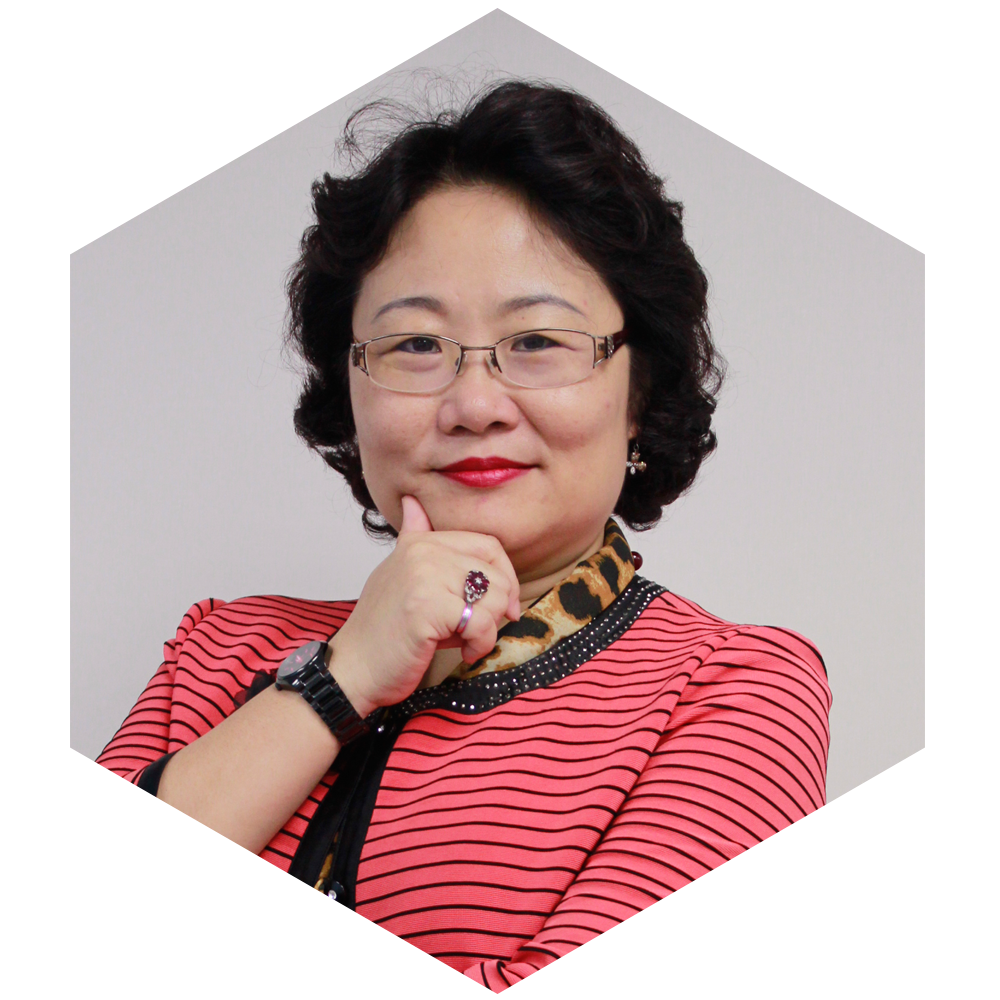
PrincipalTseng Hsiu-Chu is an education administration doctoral candidate, has extensive experience in school management, and has demonstrated impressive achievements in technology leadership practice. She has continued to drive the development of TEAM model smarter teaching at Beishin Elementary School, establishedsmarterclassrooms, cultivated smarter teachers, and created smarter classes to implement smarter education. Since 2013, she has organized a core team to participate in scientifically innovative teaching design. By using interactive electronic whiteboards, IRS feedback system, and prompters, the team is able to create lively, interactive, and proactive teaching environment. Cloud diagnostic analysis enables the team to digitize teaching diagnostics and implement remedial teaching. This provides rapid, accurate, labor saving, and outstanding learning insight that allow teachers to achieve precise, refined, and advanced teaching performance. During her career, Principal Tseng had served as the principal of both Yeliou Primary School and Beishin Elementary School. Led by Principal Tseng, Yeliou Primary School received the title of “learning community priority school.” The school's promotion of teaching activities, TBL, and teaching technology integration earned them the 2015Technology Leadership Excellence Award.
Time |
Activity |
08:00-09:00 |
Check-in |
09:00-09:30 |
Open Ceremony / Welcome Speech |
09:30-10:40 |
|
10:40-12:00 |
|
12:00-13:30 |
Lunch |
13:30-15:00 |
Become Smarter through Leadership:
|
15:00-16:30 |
Big Data in Smarter Education:
|
16:30-17:00 |
World Café : Plenary Session on Smarter Education |
18:30-21:00 |
Accelerating Teacher Professional Development 2016 Gala Night & Award Ceremony:
|
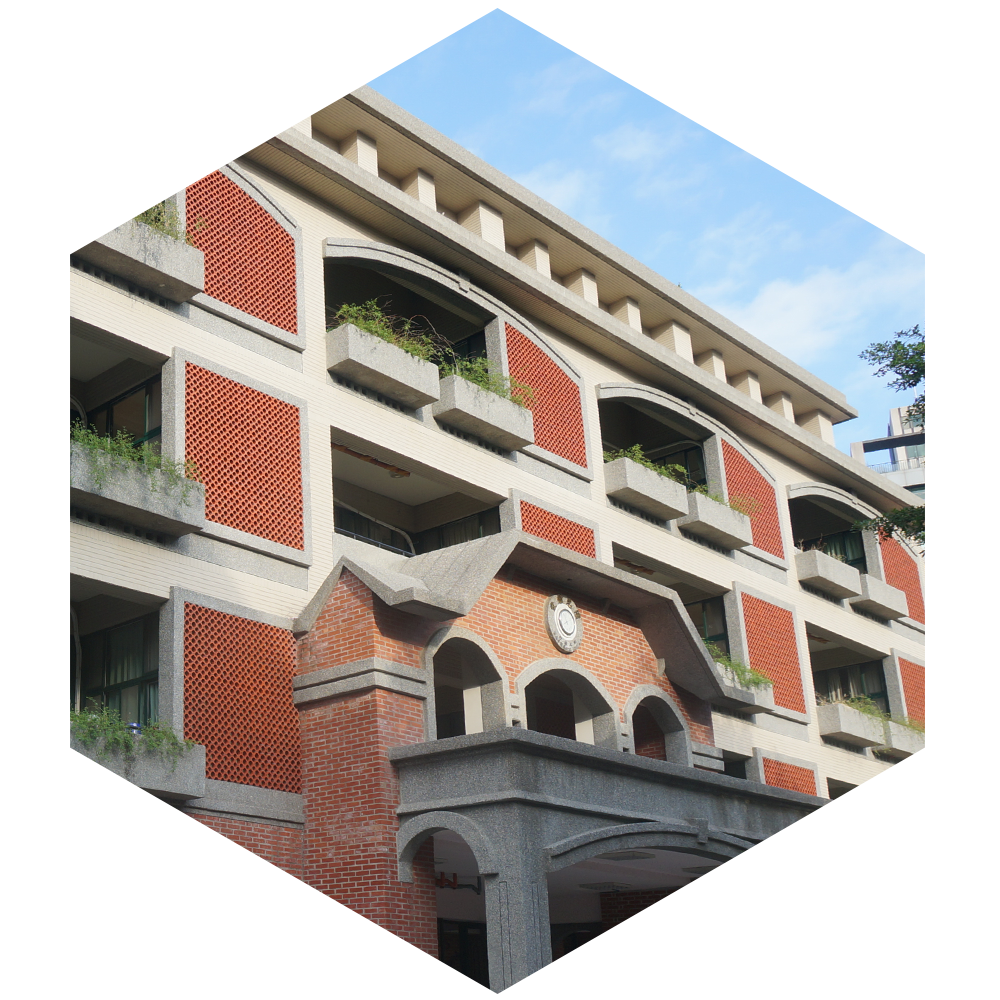
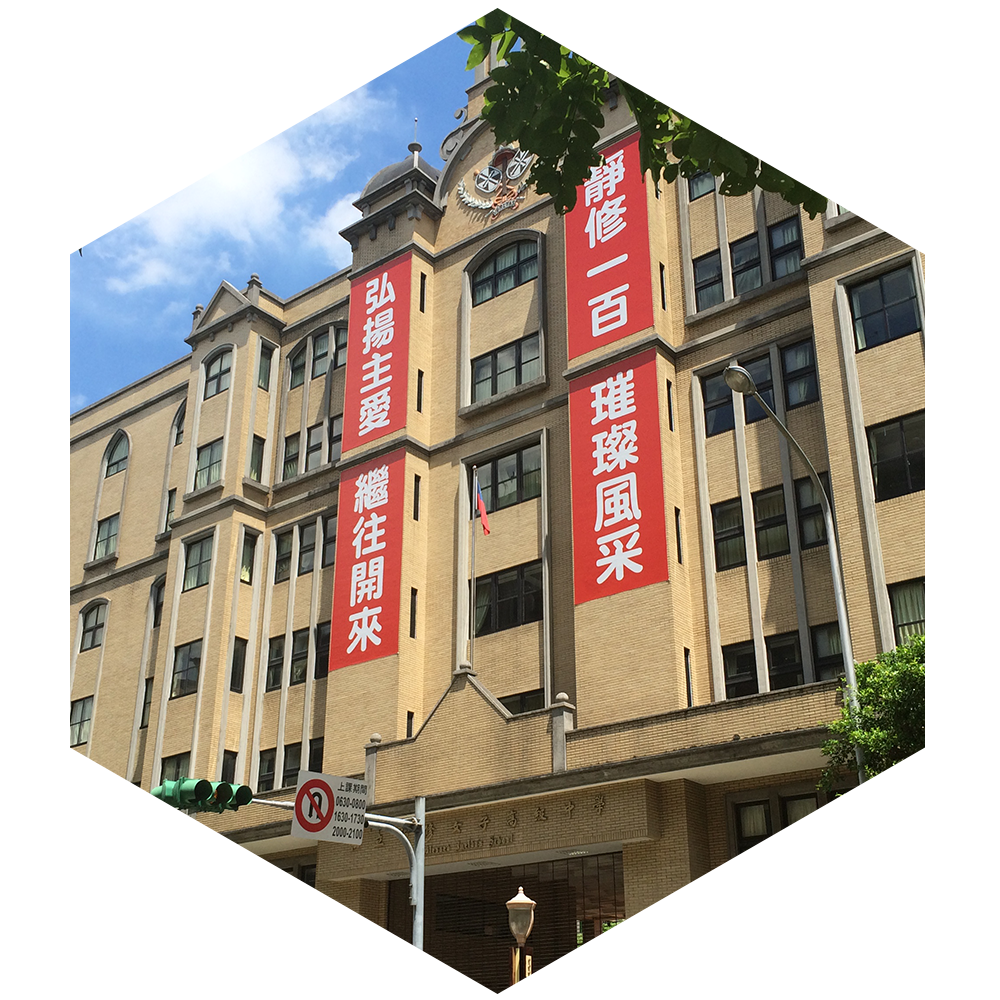
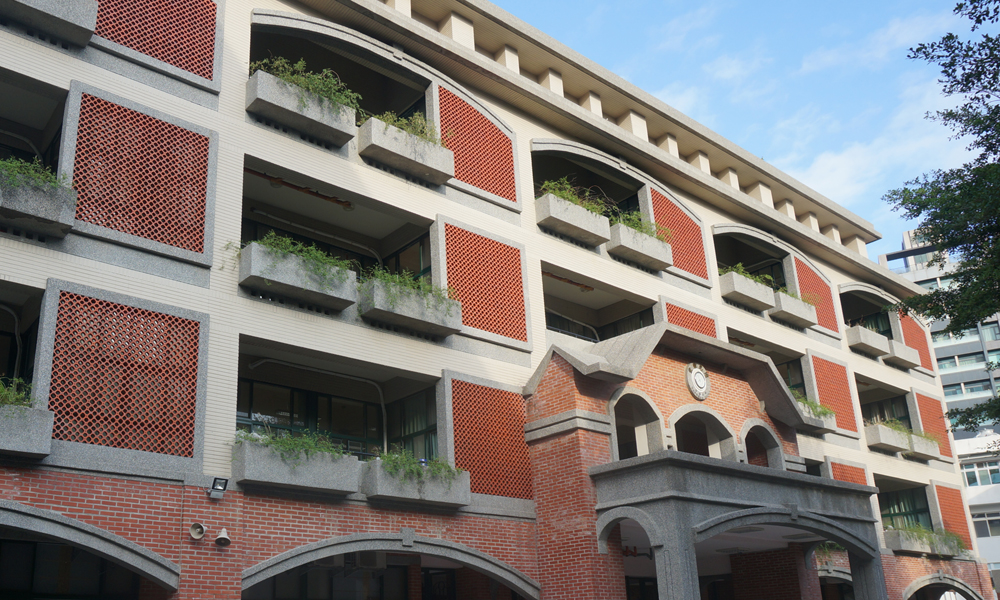
Peng-Lai Elementary School is a hundred year old school that has preserved its outstanding traditions while introducing modern education concepts and technology. Based on the objective of “using digital means to enrich learning,” the entire faculty and students have worked together to create the world's first “future cloud school”that serves as an innovative teaching model school under the Ministry of Education. The institution also possesses rich smarter teaching experience and abundant smarter model collections on top of the hardware in the form of TEAM ModelSmarterClassroom (TMSC), making Peng-Lai a school with both soft and hard capabilities.
In order to achieve this high level of success, the strategy Peng-Lai employs is to fuse critical elements such as establishing professional teacher groups, encouraging the spirit of experimental education, and realizing in-depth learning. The school not only implements team-based learning (TBL) among students in class, but also expects the teachers to follow its principles when designing innovative smarter models beforemoving toward to refining quality teaching by individual teachers specializing in different fields. Step-by-step, the educational objective of diversified student adaptive learning is achieved.
Under the guidance and directions of PrincipalChenPei-Chang, the winner of the Excellence in Technology Leadership award in 2014, Peng-Lai Elementary School has won numerous awards andparticipated in various smart classroom innovation competitions, such as the 2016 Smarter Classroom Invitational,where itsfaculty demonstrated outstanding performance in TMSC utilization that served as an exemplary model for teachers from other schools.
Peng-Lai Elementary is a school that is composed entirely of TMSC and has been nominated as a representative smarter elementary school for the 2016 Global Technology Leadership and Instructional Technology Summit. On December 2nd, Peng-Lai's principal Chen Pei-Chang will officially publish the positive experiences and results of the school's smarter teacher development, refined smarter models, and smarter lecture productions to guests all over the world. For this activity, smart teaching experts from China, Taiwan, and Hong Kong are invited, as well as winner of the 2016 smart classroom innovation award. Senior teachers at Peng-Lai Elementary School will demonstrate several exciting smarter lectures in TMSC. In addition, a TBL workshop will be held during this event to not only encourage experience exchange between international smarter teachers but also promote the use of technology in classrooms to further drive smart education.
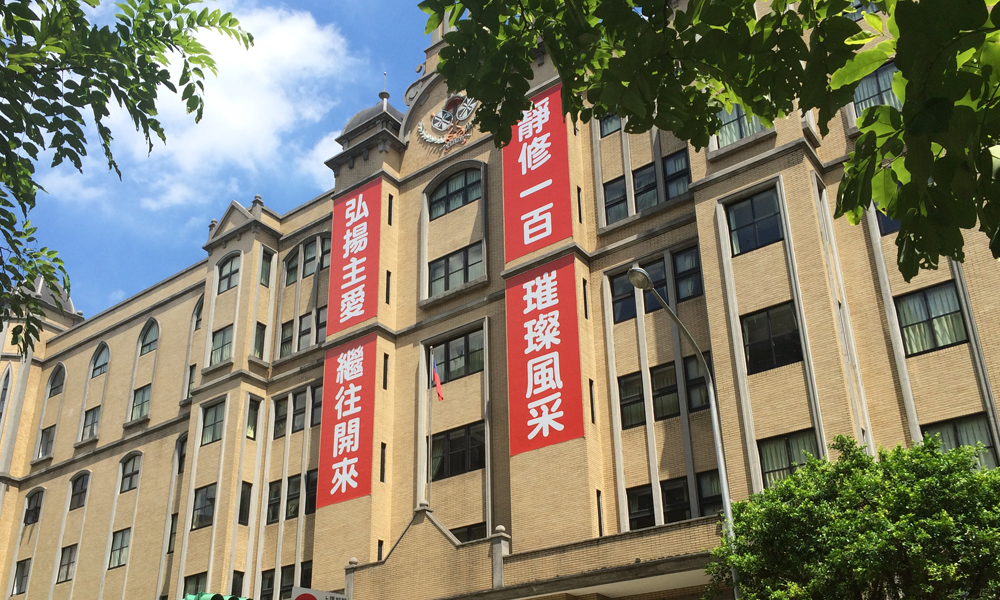
Blessed Imelda's School (BIS) is located in Taipei City's Dadaocheng area. The school was established by the Catholic sisterhood and is the oldest Catholic school in Taiwan. Under the leadership of Principal Oyang Tai-Ying, BIS developed learning-type school innovative teaching in 2012, as well as established smart school development goals. In the same year, BIS established four specialized TEAM Modelsmart classroom (TMSC). To date, all classrooms in BIS are smart classrooms. There are a total of 10 electronic white board classrooms and 33 smart classrooms. The school has comprehensive hardware equipment, and is devoted to cultivating smart teachers and developing smart education.
In recent years, BIS has chosen seed teachers from various teaching cultivation courses, teaching observation activities, and smart teaching competitions. Community participation and interactive teaching is used to motivate teachers at BIS to create duplicable, spreadable smart teaching models for different subjects. In addition, the school discovered through survey analysis that grades of students in smart classrooms improved significantly, and that parents also recognized the teaching results. Moving forward, BIS will draw on its past experience and continue to develop toward becoming a benchmark school for smart education. The hope is for BIS to become the top smart school in Taipei City.
Like Peng-Lai Elementary School, BIS has also been selected as a representative smarter junior high school for the 2016 Global Technology Leadership and Instructional Technology Summit. On December 2nd, BIS's principle, Tsai Ying-Hua will officially publish the positive experiences and results of the school's smarter teacher development, refined smarter models, and smarter lecture productions. For this activity, smarter teaching experts from China, Taiwan, and Hong Kong are invited, as well as winner of the 2016 smart classroom innovation award. Senior teachers at BIS will demonstrate several exciting smarter lectures in TMSC. In addition, a team based learning (TBL) workshop will be held during this event to encourage experience exchange between international smart teachers. This will promote the use of technology in classrooms and drive smart education.
